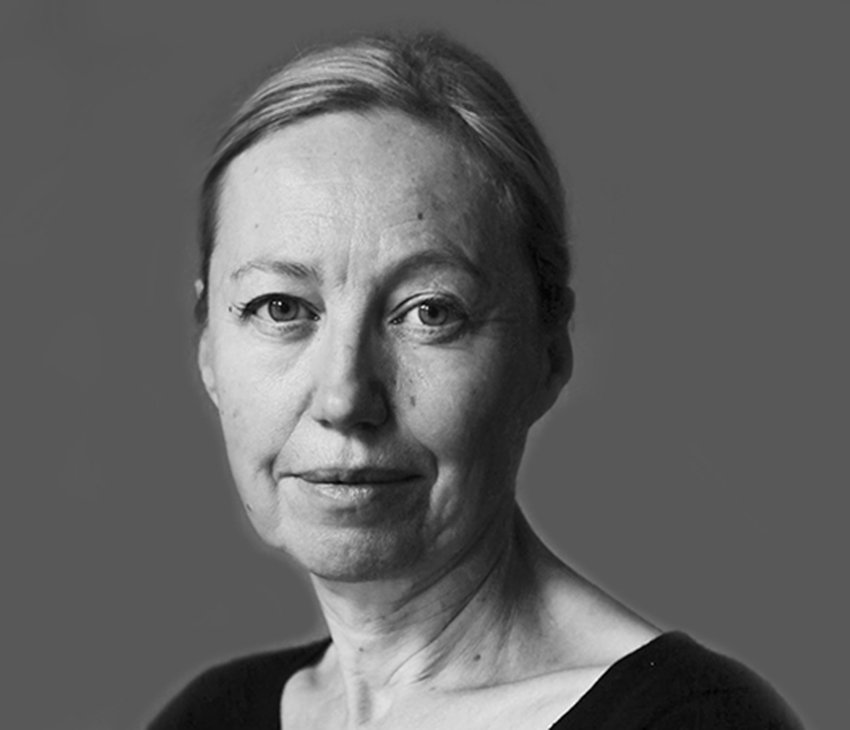Professor Véronique Gouverneur
Professor Véronique Gouverneur
University of Oxford – Chemistry Research Laboratory – Oxford (UK)
Abstract
Rethinking Fluorine Chemistry with Global Challenges in Mind
Fluoro chemicals are key for fundamental and applied sciences including applications in medicine, agrochemistry and material science. The starting point of the entire fluorochemical industry is the conversion of acid grade fluorspar into hydrogen fluoride (HF) with sulfuric acid, a reaction first reported in 1771 by Swedish chemist Carl Scheele, and still in use today. The process requires considerable expertise and know-how due to the highly hazardous nature of HF. The supply chain of HF, which is transported either as liquefied gas or in solution as fluorohydric acid, is equally demanding and high maintenance. In this lecture, we will explore pathways to rejuvenate fluorine chemistry with ground-breaking methodologies that convert fluorspar into critically needed fluorine-containing molecules applying operationally simple and energy- effective methods that bypass the production of hydrogen fluoride.
Véronique Gouverneur
Véronique Gouverneur was born in Geel (Belgium) and received her undergraduate degree in chemistry at the Université Catholique de Louvain where she carried out research in the laboratory of Professor Léon Ghosez. She completed her doctoral studies in the same laboratory in 1991, and then joined the group of Professor Richard Lerner at the Scripps Research Institute as a postdoctoral fellow in 1992. In 1994, she moved to Strasbourg and was appointed Maître de Conferences at the University Louis Pasteur in the laboratory of Dr Charles Mioskowski, and Associate Member of the Institut de Science et d’Ingénierie Supramoléculaires, being mentored by Professor Jean-Marie Lehn. Dr Gouverneur began her independent career at the University of Oxford in 1998 as a University Lecturer and a Tutorial Fellow at Merton College. Ten years later, she became professor of chemistry. In 2022, she was appointed Waynflete Professor of Chemistry (Statutory Professorship, Magdalen College), and she founded FluoRok, a spin-out of the University of Oxford, where she is currently serving as non-executive director.
Professor Gouverneur’s research has focused on the design and invention of new strategies for the synthesis of fluorine-containing molecules, an area of research that can directly benefit numerous sectors in the life sciences and materials science. In 2007, she started research on 18F radiochemistry for applications in Positron Emission Tomography (PET) imaging, a new direction considered at the time as highly specialized, not anymore as this field is rapidly expanding due to the importance of molecular imaging techniques for patient care, precision medicine, and drug development. This research has closed the gap in innovation between 19F-chemistry and 18F-radiochemistry, with the invention of numerous 18F-labelling processes. Some of the methods she has developed are routinely employed to access 18F-radiotracers for applications in PET. More recently, she has initiated a new programme on circular and safe fluorine chemistry.
Professor Gouverneur’s research contributions have been recognized with numerous international awards, including ACS Arthur Cope C. Award (2022, USA), EuChemS Female Organic Chemist of the Year Award (2022, EuChemS), Prix Henri Moissan (2021, France), RSC Organic Stereochemistry Award (2019, UK), the Prelog Medal, ETH Zurich (2019, Switzerland), Royal Society Wolfson Research Merit Award (2018, UK), RSC Tilden Prize (2016, UK), Tetrahedron Chair BOSS XV (2016, Belgium), ACS Award for Creative Work in Fluorine Chemistry (2015, USA), Chair Internationale de Recherche Blaise Pascal ENS/CEA, Saclay (2012, France), Distinguished Woman in Chemistry Award/ACS Challenge Year of Chemistry Celebration (2011, IUPAC), Liebig Lectureship Award of the Organic Division of the German Chemical Society (2011, Germany) and the RSC Bader Award (2008, UK).
Gouverneur was elected an International Honorary Member of the American Academy of Arts and Sciences (2022), Fellow of the Royal Society (2019), Fellow of the European Academy of Sciences (EURASC) (2017), Fellow Royal Society of Chemistry (2010). She served as Chair RSC Journal Chemical Communications from 2016-2019.
Hosted by Professor William Pomerantz
